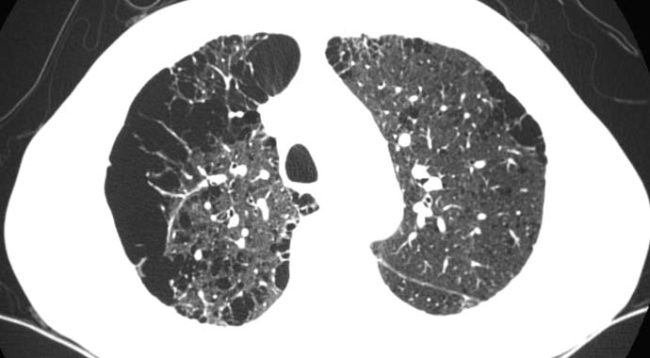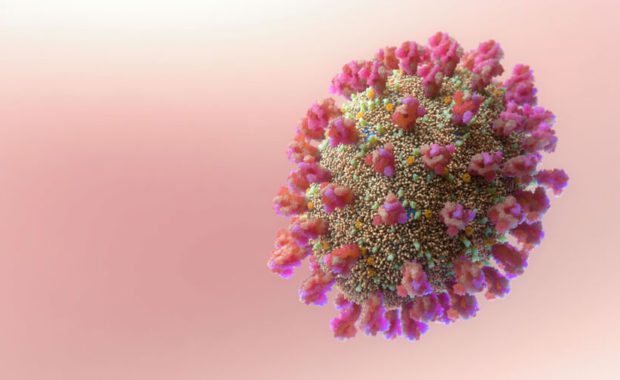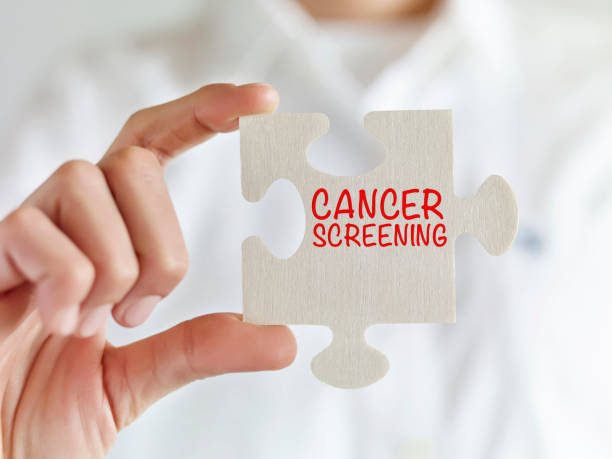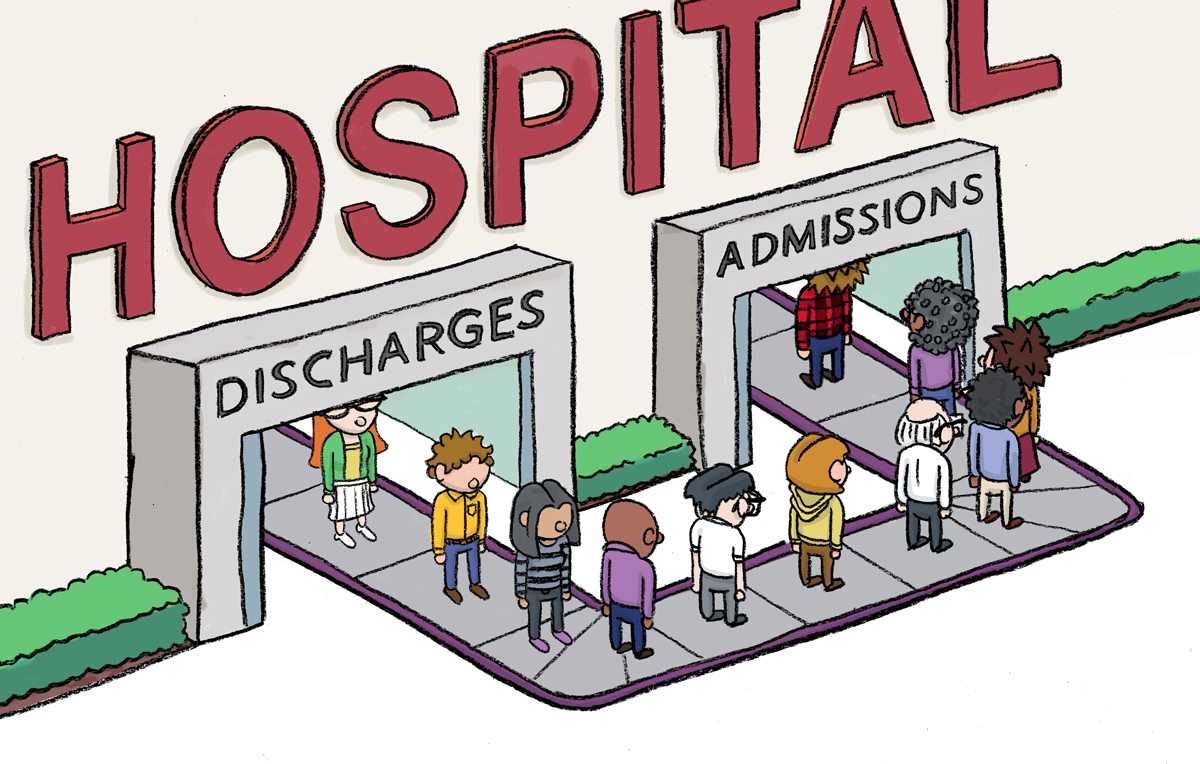The Population Health team works closely with patients and care teams to enhance health outcomes and tackle social needs. The team encourages patients to play an active role in managing their health and offers support and specialized care management resources tailored to their needs.

Lung Cancer Screening
The Lung Cancer Screening Project aims to identify patients with outstanding low-dose CT scans (LDCT), assist patients with scheduling their LDCT, and address disparities or barriers among patients who missed their lung cancer screening. For this quality improvement project, student volunteers identify patients who have active LDCT. The volunteers then contact these patients to determine the reason for missing their LDCT and help the patients schedule their LDCT if desired. During this phone call, volunteers also offer a social determinants of health screening to identify and address barriers the patient may face. Together, the team works towards the common goal of educating patients on the importance of preventative screening and offering support to patients during this process.

Breast Cancer Screening
The primary goal of the Breast Cancer Screening Project is to improve the rate of breast cancer screenings within our community. Our volunteers contact patients who have an active order for a mammogram with two key objectives: a) to identify any barriers that are preventing them from completing their breast cancer screening, and b) to facilitate a warm transfer to the radiology department for assistance with scheduling the mammogram. If health-related social issues are identified as barriers to completing the screening, patients will be provided with tailored resources to address their needs.

Colorectal Cancer Screening & FIT Test
This project involves a review of colorectal cancer screening results to determine and update the testing frequency for patients who had the test completed at UConn Health GI. The goal of this project is to improve the accuracy of the colonoscopy screening recall to ensure patients are ordered colonoscopy screening at the appropriate frequency. The FIT test involves a review of patients with FIT test orders to verify if the FIT test has or has not been completed. The goal of the project is to increase FIT (fecal immunochemical test) testing completion rates for UConn Health Primary Care Practices.
Retired Projects

COVID Callbacks Project
At the onset of COVID, UCHL partnered with the Connecticut Department of Public Health (DPH) for contact tracing efforts. Volunteers worked virtually contacting people who tested positive for COVID and identifying people they had come in contact with based on federal and state guidelines. Volunteers gathered medical information, symptom and illness timelines, and provided basic guidance and education regarding quarantine, isolation, infection control, and seeking medical treatment. Volunteers also screened for financial, housing, food, and child/adult care needs, and coordinated with the DPH supervisor regarding resources. Because UCHL volunteers joined these efforts at the beginning, many of them provided feedback and ideas to DPH that influenced the contract tracing protocols and operations. UCHL volunteers remained involved in the contact tracing effort until DPH concluded the program.

Quality Improvement Pre-Visit Planning
Through this intervention, a review of the patient's charts is completed to determine and update screenings’ completions and frequency (colorectal cancer, breast cancer, and cervical cancer) for an upcoming office visit. The goal of this project is to improve preventative health screening within our primary care practices and demonstrate improved quality performance. This also reduces administrative burden on our providers (physicians, APRNs, PA’s) and increases provider satisfaction.

Readmission Review
Hospital readmissions are costly and can indicate a breakdown in quality of care. The goal of this project is to understand specific factors and causes of readmission. Volunteers complete a thorough chart review of readmitted patients to gather pertinent clinical information relative to patient readmissions. Students also participate in a monthly meeting with an interdisciplinary readmission workgroup to review trends and discuss strategies to improve care delivery.
Sources
[1]Rasu RS, Bawa WA, Suminski R, Snella K, Warady B. Health Literacy Impact on National Healthcare Utilization and Expenditure. Int J Health Policy Manag. 2015 Aug 17;4(11):747-55. doi: 10.15171/ijhpm.2015.151. PMID: 26673335; PMCID: PMC4629700.
[2]Boyle J, Speroff T, Worley K, Cao A, Goggins K, Dittus RS, Kripalani S. Low Health Literacy Is Associated with Increased Transitional Care Needs in Hospitalized Patients. J Hosp Med. 2017 Nov;12(11):918-924. doi: 10.12788/jhm.2841. Epub 2017 Sep 20. PMID: 29091980
Photos:
Cleveland Clinic. (2015) Low-Dose CT Screening for Lung Cancer Now Covered by Medicare [Photograph]. Consult QD. https://consultqd.clevelandclinic.org/low-dose-ct-screening-for-lung-cancer-now-covered-by-medicare/.
MCG Health. (2021) Image courtesy Shutterstock/Explode. https://www.mcg.com/blog/2021/06/08/colorectal-cancer-screening-new-recommendations/